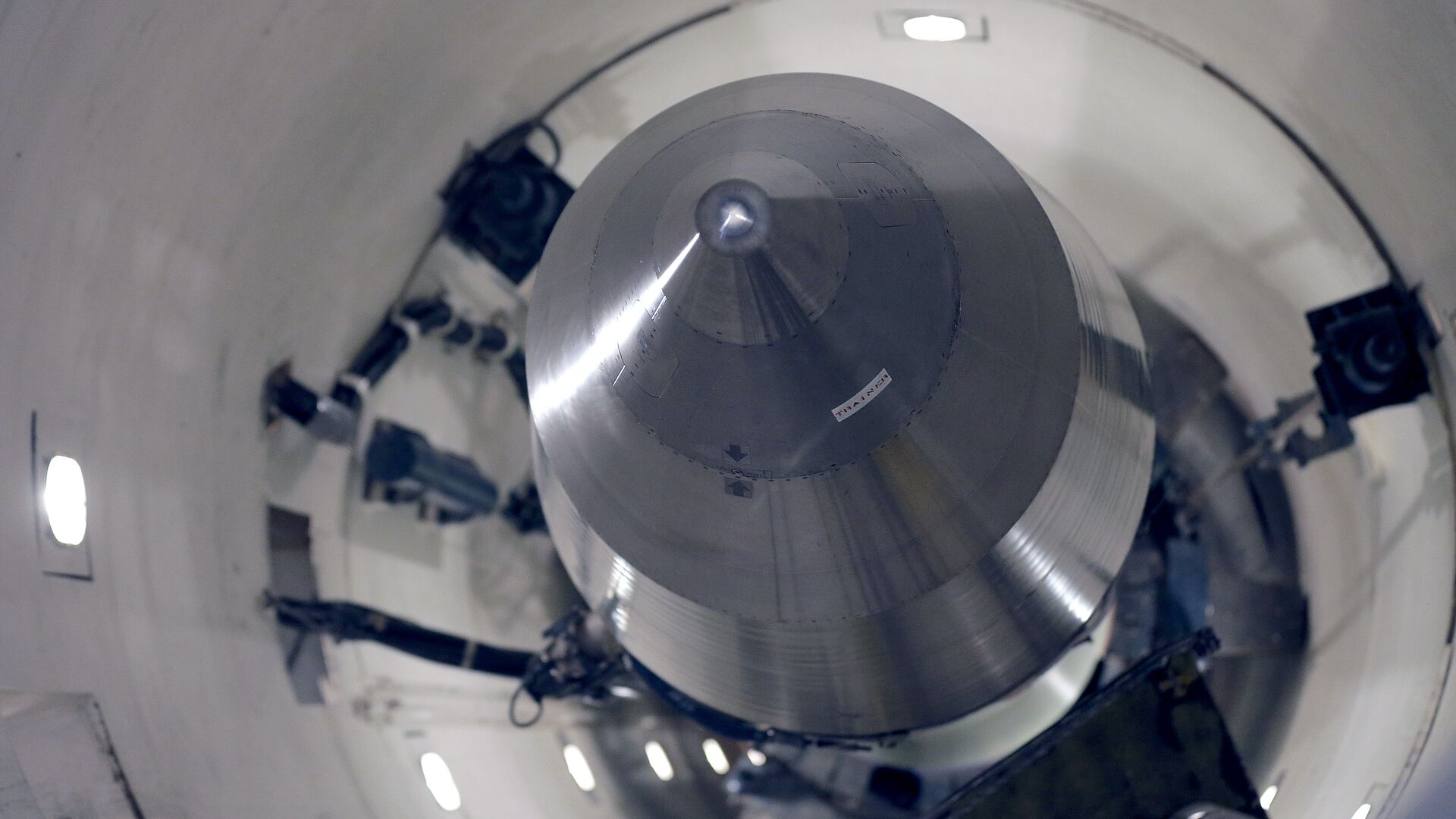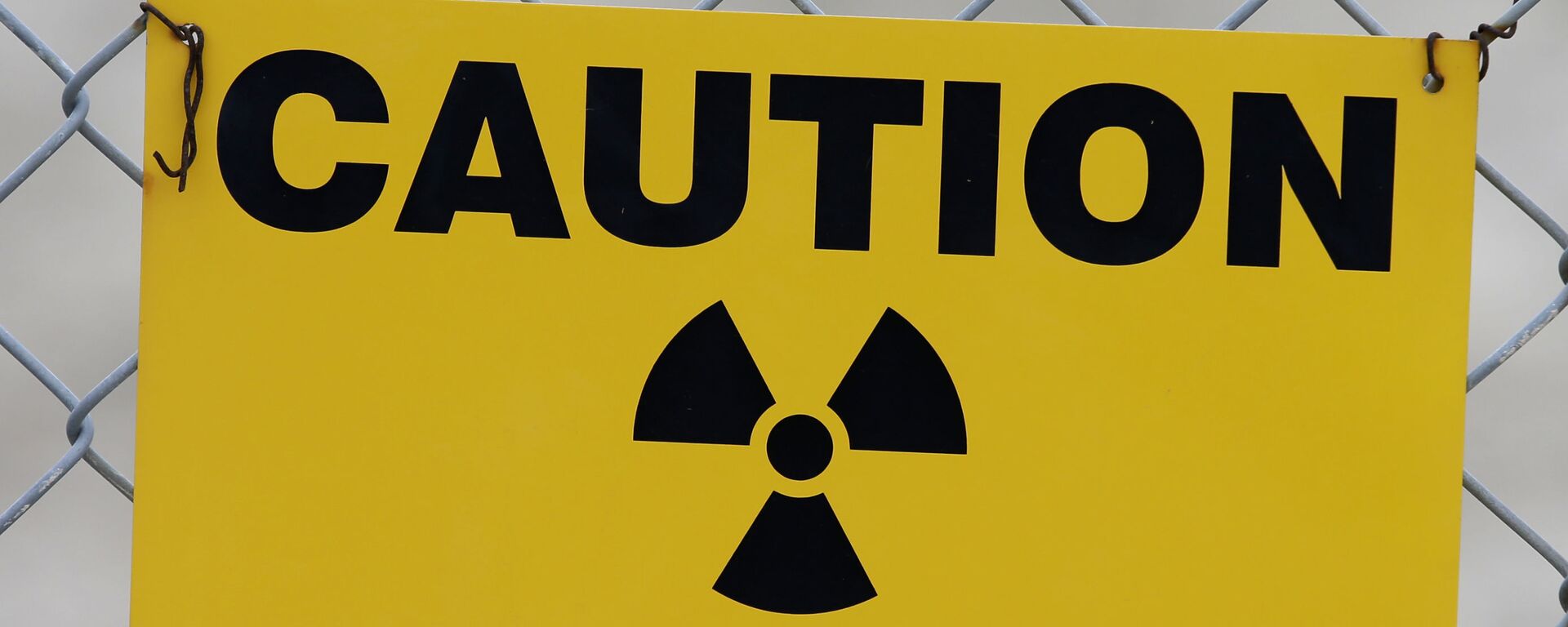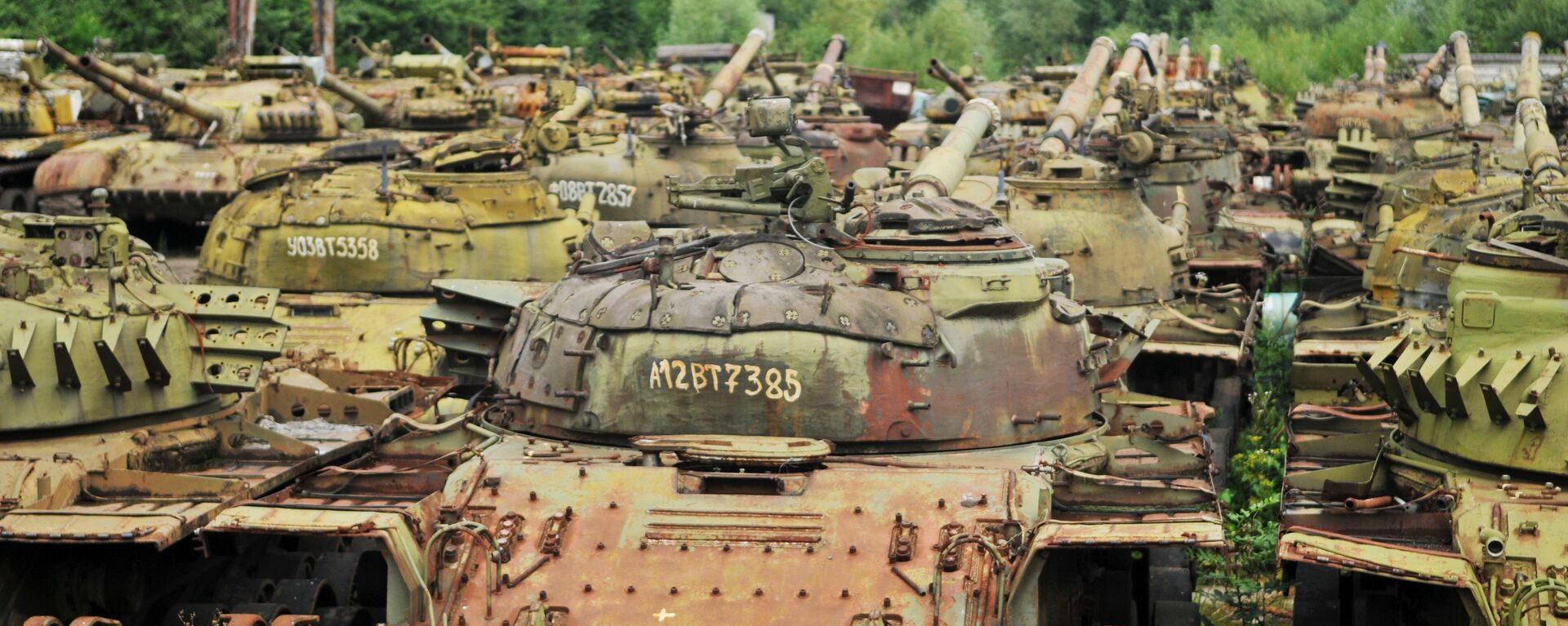https://sputnikglobe.com/20230612/global-nuclear-arsenals-growing-amid-increased-tensions---sipri-1111077234.html
Global Nuclear Arsenals Growing Amid Increased Tensions - SIPRI
Global Nuclear Arsenals Growing Amid Increased Tensions - SIPRI
Sputnik International
The nine nuclear powers continued to increase or modernize their atomic weapon stockpiles in 2022 as the fallout from the Ukraine conflict undermined nuclear diplomacy, a fresh report by the Stockholm International Peace Research Institute (SIPRI) said on Monday.
2023-06-12T11:16+0000
2023-06-12T11:16+0000
2023-09-18T13:37+0000
military
nuclear weapons
stockholm international peace research institute (sipri)
russia
us
russia-nato showdown
us-china relations
india
pakistan
north korea
https://cdn1.img.sputnikglobe.com/img/103469/64/1034696429_0:175:4796:2873_1920x0_80_0_0_abe66ea5365db4e1b91be36b0f47c653.jpg
"A key finding of SIPRI Yearbook 2023 [annual assessment of global armaments] is that the number of operational nuclear weapons started to rise as countries’ long-term force modernization and expansion plans progressed," SIPRI said in a statement. Of the total global inventory of an estimated 12,512 warheads in January 2023, about 9,576 were in military stockpiles for potential use — 86 more than in January 2022. Of those, some 3,844 warheads were deployed with missiles and aircraft and around 2,000 were fitted to missiles or held at airbases hosting nuclear bombers. The United States and Russia account for almost 90% of those arsenals. SIPRI's estimate of China's nuclear arsenal increased from 350 warheads in January 2022 to 410 in January 2023 and is expected to keep growing. The arms control watchdog said China could grow its stockpile of intercontinental ballistic missiles to match those of the US or Russia by 2030. The United Kingdom is similarly expected to increase its warhead stockpile after raising the limit from 225 to 260 warheads. It also said it would no longer disclose the size of its nuclear weapons publicly. France continued in 2022 to refurbish its existing nuclear weapons and work on new ballistic missile submarines and air-launched cruise missiles. India and Pakistan both appeared to increase their nuclear arsenals and develop new types of nuclear delivery systems in 2022, while North Korea conducted hundreds of missile tests, including with new ICBMs. SIPRI says it may have around 30 warheads and fissile material enough to build another 50-70. The research institute believes that Israel is also modernizing its nuclear arsenal, despite it having never publicly acknowledged possessing nuclear weapons. SIPRI Director Dan Smith warned that there was an urgent need for the world's governments to find ways to restore nuclear diplomacy and strengthen international controls on nuclear arms as tensions and mistrust permeate geopolitical relations.
https://sputnikglobe.com/20230429/us-nuclear-sensors-in-ukraine-deployed-to-scapegoat-russia-1109960215.html
https://sputnikglobe.com/20230529/what-is-the-cfe-treaty-and-why-has-russia-renounced-it-1110776394.html
russia
pakistan
north korea
Sputnik International
feedback@sputniknews.com
+74956456601
MIA „Rossiya Segodnya“
2023
Sputnik International
feedback@sputniknews.com
+74956456601
MIA „Rossiya Segodnya“
News
en_EN
Sputnik International
feedback@sputniknews.com
+74956456601
MIA „Rossiya Segodnya“
Sputnik International
feedback@sputniknews.com
+74956456601
MIA „Rossiya Segodnya“
arms race, nuclear weapons, nukes, russia-nato showdown, nuclear diplomacy, nuclear arsenals, sipri report
arms race, nuclear weapons, nukes, russia-nato showdown, nuclear diplomacy, nuclear arsenals, sipri report
Global Nuclear Arsenals Growing Amid Increased Tensions - SIPRI
11:16 GMT 12.06.2023 (Updated: 13:37 GMT 18.09.2023) MOSCOW (Sputnik) - The nine nuclear powers continued to increase or modernize their atomic weapon stockpiles in 2022 as the fallout from the Ukraine conflict undermined nuclear diplomacy, a fresh report by the Stockholm International Peace Research Institute (SIPRI) claimed on Monday.
"A key finding of SIPRI Yearbook 2023 [annual assessment of global armaments] is that the number of operational nuclear weapons started to rise as countries’ long-term force modernization and expansion plans progressed," SIPRI said in a statement.
Of the total global inventory of an estimated 12,512 warheads in January 2023, about 9,576 were in military stockpiles for potential use — 86 more than in January 2022. Of those, some 3,844 warheads were deployed with missiles and aircraft and around 2,000 were fitted to missiles or held at airbases hosting nuclear bombers.
The United States and Russia account for almost 90% of those arsenals.
SIPRI's estimate of China's nuclear arsenal increased from 350 warheads in January 2022 to 410 in January 2023 and is expected to keep growing. The arms control watchdog said
China could grow its stockpile of intercontinental ballistic missiles to match those of the US or Russia by 2030.
The United Kingdom is similarly expected to increase its warhead stockpile after raising the limit from 225 to 260 warheads. It also said it would no longer disclose the size of its nuclear weapons publicly.
France continued in 2022 to refurbish its existing nuclear weapons and work on new ballistic missile submarines and air-launched cruise missiles.
India and Pakistan both appeared to increase their nuclear arsenals and develop new types of nuclear delivery systems in 2022, while North Korea
conducted hundreds of missile tests, including with new ICBMs. SIPRI says it may have around 30 warheads and fissile material enough to build another 50-70.
The research institute believes that Israel is also modernizing its nuclear arsenal, despite it having never publicly acknowledged possessing nuclear weapons.
SIPRI Director Dan Smith warned that there was an urgent need for the world's governments to find ways to restore nuclear diplomacy and strengthen international controls on nuclear arms as tensions and mistrust permeate geopolitical relations.




